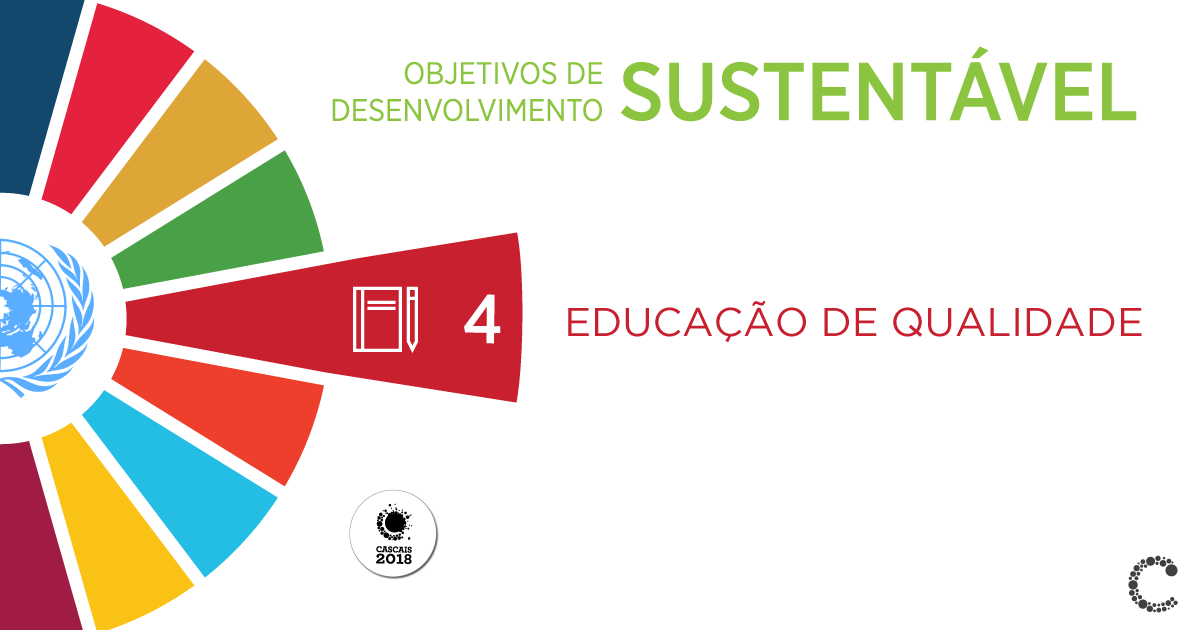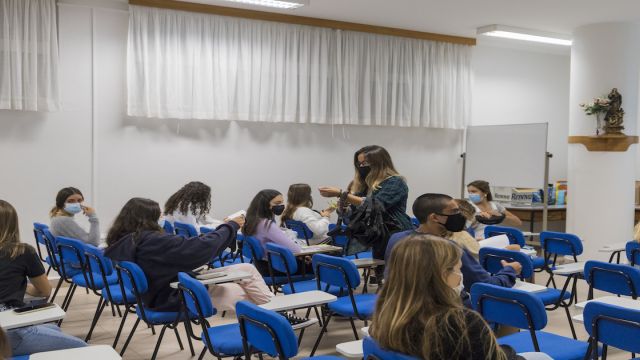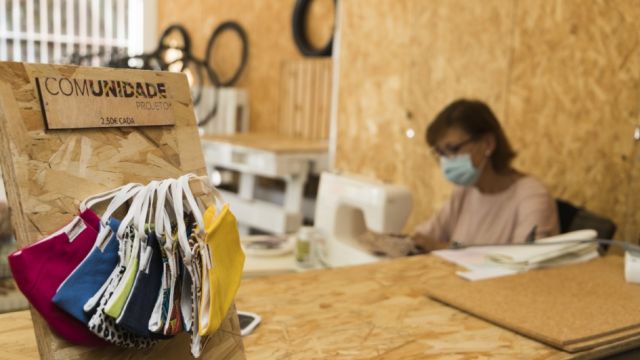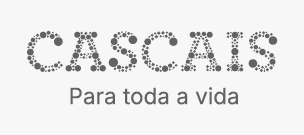
Today is the day we present you the fourth SDG, which focuses on quality education.
This sustainable development goal aims to ensure access to inclusive, quality and equitable education and to promote lifelong learning opportunities for all.
Until 2030, it was stipulated:
• Ensure that all girls and boys complete primary and secondary education which must be free, fair and quality, and which leads to relevant and effective learning outcomes;
• Ensure that all girls and boys have access to quality early childhood development, as well as pre-school care and education, so that they are prepared for primary education;
• ensure equal access for all men and women to quality, affordable technical education, vocational training and higher education, including university education;
• substantially increase the number of young people and adults with relevant qualifications, including technical and vocational skills, for employment, decent work and entrepreneurship;
• eliminate gender disparities in education and ensure equal access to all levels of education and vocational training for the most vulnerable, including people with disabilities, indigenous peoples and children in vulnerable situations;
• ensure that all young people and a substantial proportion of adults, men and women, are literate and have acquired basic knowledge of mathematics;
• Ensure that all learners acquire the knowledge and skills necessary to promote sustainable development, including, inter alia, education for sustainable development and sustainable lifestyles, human rights, gender equality, promotion of a culture of peace and non-violence, global citizenship and the enhancement of cultural diversity and the contribution of culture to sustainable development;
• build and improve physical facilities for education, appropriate for children and sensitive to disabilities and gender equality, and provide safe, non-violent, inclusive and effective learning environments for all;
• substantially increase the pool of qualified teachers, including through international cooperation in teacher training, in developing countries, especially the least developed countries and small island developing States;
• By 2020, substantially increase the number of fellowships for developing countries, in particular the least developed countries, small island developing States and African countries, for higher education, including vocational training programs , information technology and communication, technical, engineering and scientific programs in developed and other developing countries.
In Portugal, it is already mandatory to finish high school, but if you meet someone who is not in school, do not fail to raise awareness.
LET'S TRANSFORM THE WORLD

























